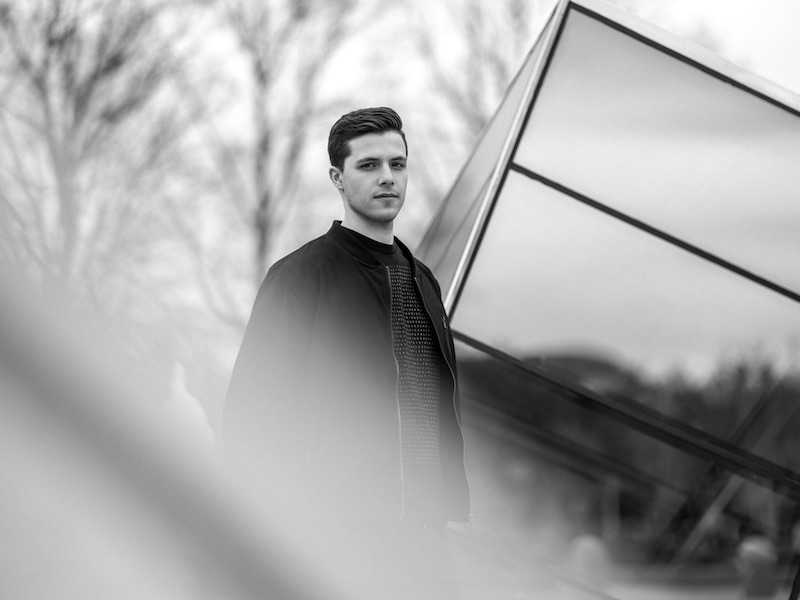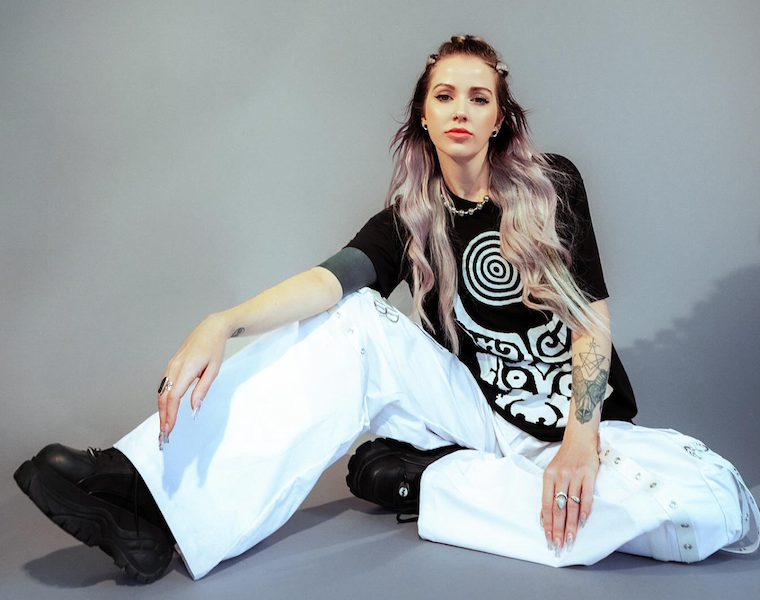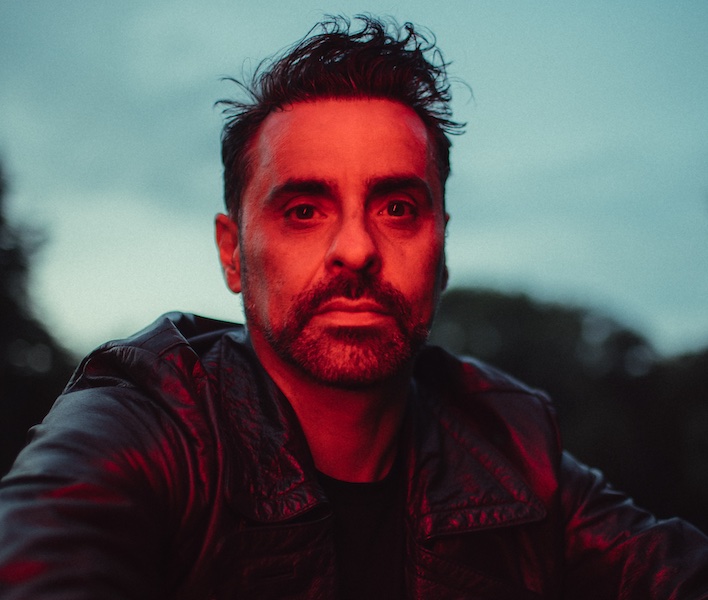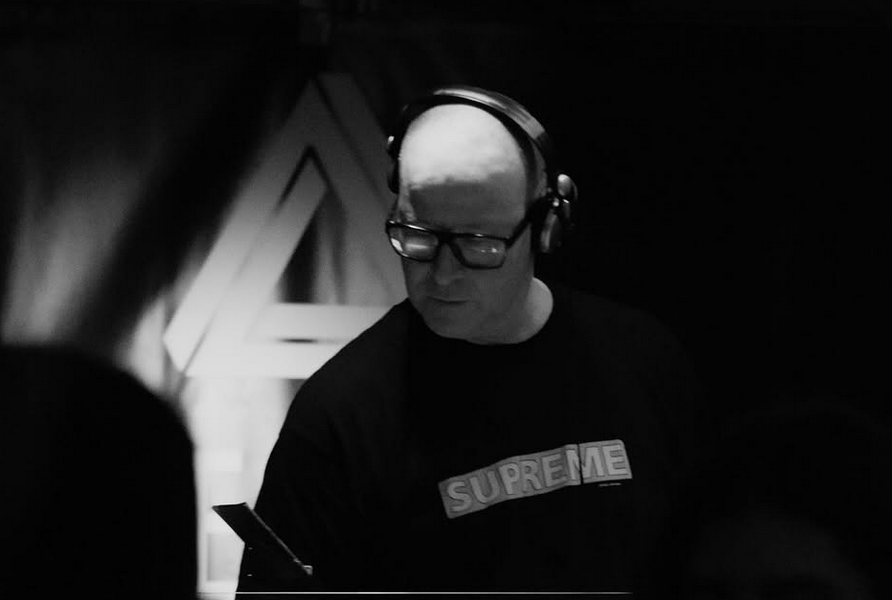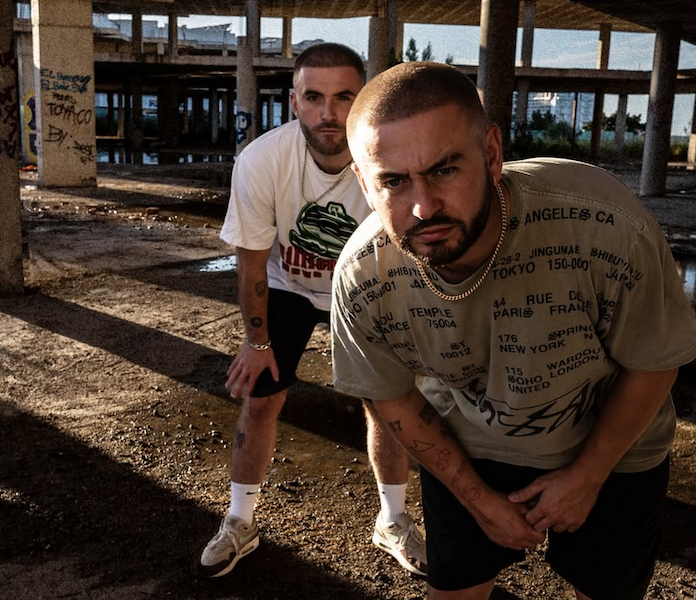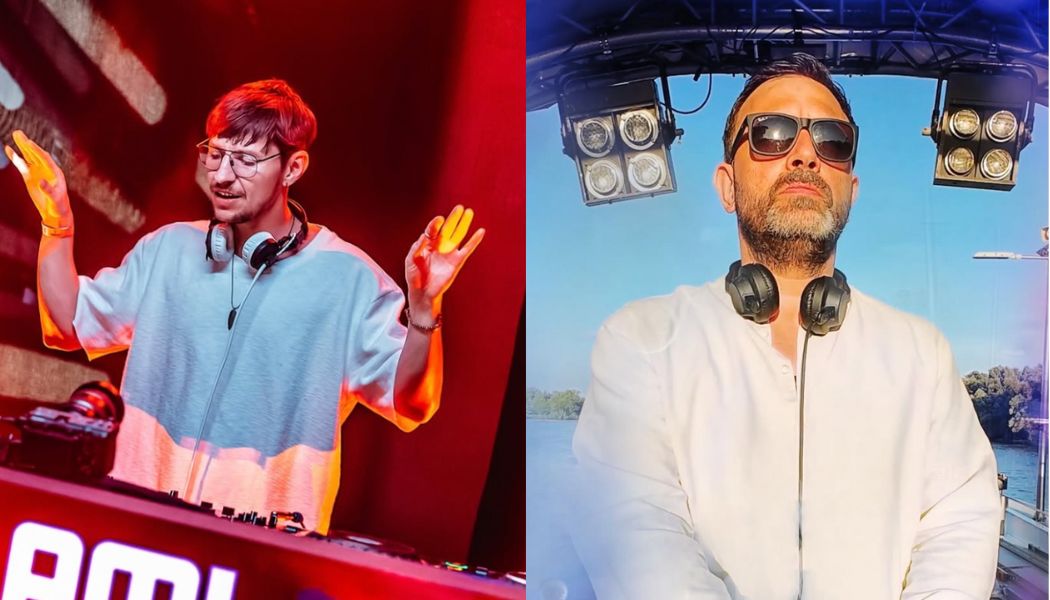As a curator of infectious grooves and wistful atmospheres, Enamour has developed a sound that delicately walks the line between deep introspection and pure club play. His sets are an intricate blend of deep, progressive, tech house and techno that values musicality over anything else. You can listen to the great mix he provided us for the Select Cuts series while reading this sweet interview we had with the upcoming producer.
WWD: The Enamour project turned full time this year – you announced on social media that you had left your job and are focusing all your time on your musical career, a BIG jump. Is it hard to transition from a stable job into an artist?
A big jump indeed! So far the switch has been fairly smooth but I think I can attribute that to my careful planning beforehand. I really took my time to save up money, build a team, and have an outlook of shows and releases before I made the jump so that it would be as stress-free as possible. I think it’s really important to be patient and tactical with this type of stuff.
Right now a big priority for me is finding the right balance between “work” and play. Since “work” has become something I really enjoy, it’s easy to get stuck in the studio for 7 days straight without really taking a day off like you normally would in a day job. It’s a quick way to get burnt out and drained of inspiration so I try to take full days off of even opening Ableton or listening to dance music.
WWD: Your music really stands in a genre of its own – somewhere between progressive, melodic and techno. A real credit to your creativity. Who do you take inspiration from for your own productions?
Thanks! I really do take inspiration from all over the place including music from many non-dance genres like indie rock, classic rock, electronica, and modern classical. In my wheelhouse though, I’d say Patrice Baumel, Frankey & Sandrino, 16 Bit Lolitas/Cubicolor + some minimal/deep tech producers like Toman, James Dexter, and Archie Hamilton have all had an impact on my own music.
WWD: You debuted on Zerothree with the Voye/Culture Is Chaos EP earlier in the year which got great worldwide support – perfectly fitting on the label with it’s tougher progressive edge. When you look to sign a track with a label, what is it that you are looking for in a label? Have you got any big goals label wise for 2020?
There’s a ton of different factors you can compare labels on like streaming/playlisting, DJ promo, name recognition, events, fan base, respect, beatport charting, etc. but at the end of the day for me it boils down to whether I like the music they’re releasing and their overall impact. Can the label help me accomplish my goals and do the record justice, and does it make sense or not? As for label goals going forward, I’m ultimately interested in exposing new audiences to my music while still making my current fans happy and being true to myself.
WWD: Catalyst is out now on Zerothree; a real showcase of synth expertise and experimental progressions. The record consistently grows, builds and develops as it progresses – WELL DONE. What was your thought process behind this record?
I remember I wanted to make a big yet unconventional record using my modular rig–I just added the Make Noise Maths to my setup so I was ready to get creative with multiple envelopes. The main synth has an amp and filter envelope that shortens over the course of each bar to give it that unique stabby rhythmic style and I also used a separate envelope on the oscillator to give it that descending pitch hoover sound. I thought a nice atmospheric arpeggio build up would balance out the heavy drops and I used my Korg Minilogue to make those parts. It has a great onboard delay with some nasty feedback when cranked to the max, which I used to make the big build up risers.
WWD: How long has it taken you to really master synths and how to programme them properly? Do you have any tips/suggestions to upcoming producers when it comes to learning.
It’s only been a little over 2 years since I got my first piece of hardware but I really jumped in head first and dedicated a lot of time to learning synthesis. Up until then I wasn’t really designing patches from scratch on my soft synths as much as I was just altering presets. It was actually a lot more intuitive to me to learn synthesis once I had hardware. So that’s definitely one suggestion, to get some basic hardware and learn it inside and out. Some great budget introductory synths I’d recommend include the Korg Minilogue, the Moog Minitaur (or Sirin), or some of the Roland boutique series like the JU-06a or JP-08.
Once I had a good grasp of synthesis I actually went back to the VSTs and treated them like hardware, building sounds from scratch, etc. and was much more comfortable that way and enjoyed using them a lot more than before. I think presets + the inability to quickly test settings/change knobs pushes producers into a trap of not really exploring the full possibilities of these powerful VSTs. So I encourage people to buy or rent hardware not just for the ‘analog sound’ but also as a learning tool.
Another big tip I tell producers is to watch some YouTube videos or read articles on the basics of synthesis. Don’t just deconstruct presets or noodle around from scratch (though those both are also helpful methods). It’s important to know the terminology and understand the different types of synthesis (subtractive, FM, etc.) to really get a true grasp of it and be able to translate the sounds in your head into your DAW. It can also be very helpful to watch videos that specifically break down how to make a specific sound from a popular song.
As far as unique sound design goes, I jokingly tell people to try to get a close as they can to breaking the synth…or put another way, just push the synths to their limits and beyond to find happy accidents. You should also get creative with how you modulate different parameters. Even very subtle automation/modulation can go a really long way.
2020 looks like what for Enamour?
Can’t say much but I’ve got a few releases and some tour dates already lined up and hopefully will have the opportunity for some cool remixes. We’re working on getting me into a few new countries as well! Outside of that, I’ve got a new production course coming early next year and I’m planning on growing my YouTube channel with a lot more short-form videos. I really want to stay more connected to my audience so I’ll be revamping my newsletter as well and launching a Facebook group–keep an eye out for that soon!

